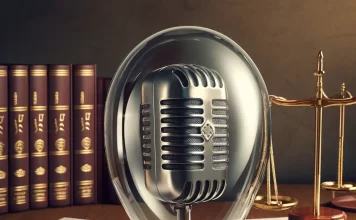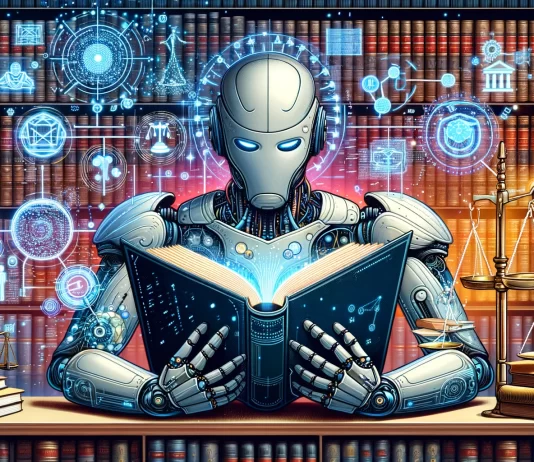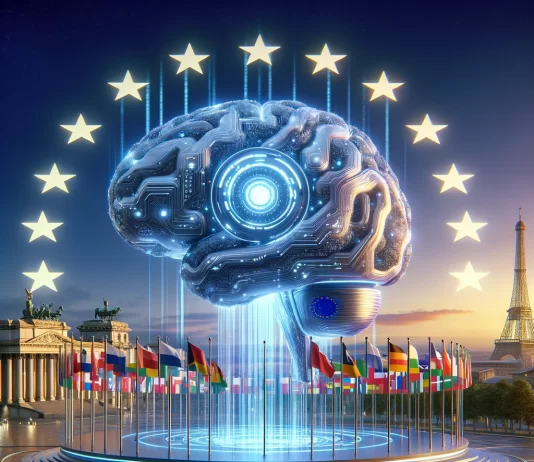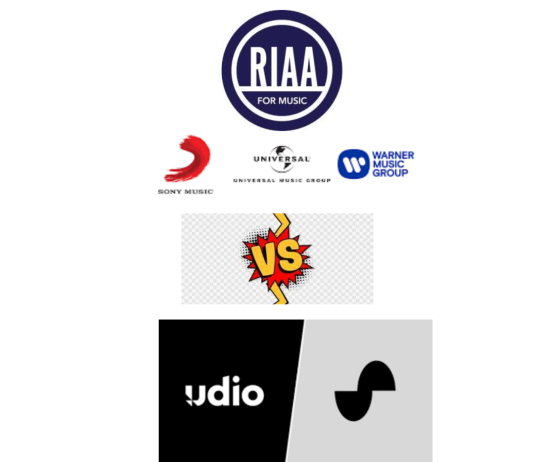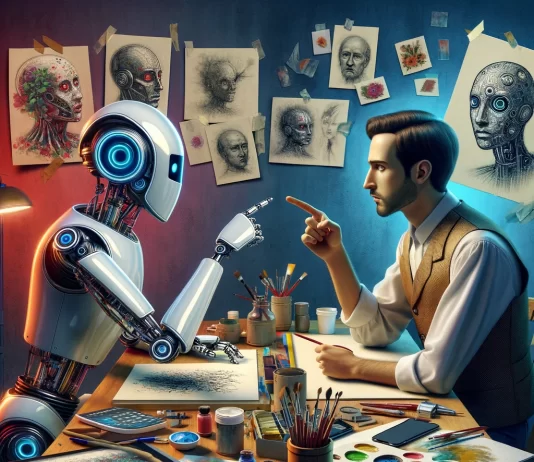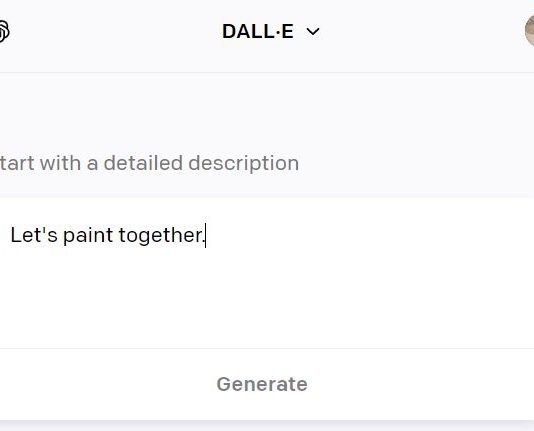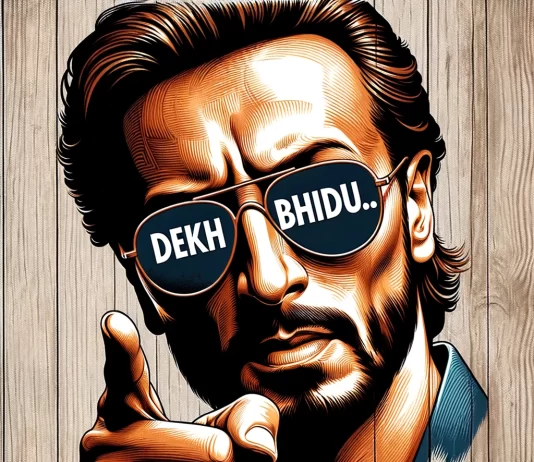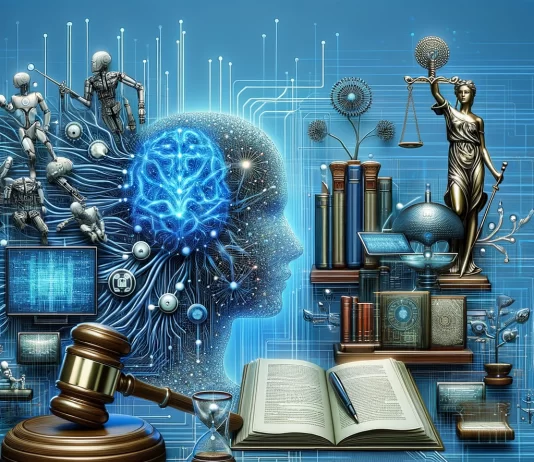Indian Copyright Law and Generative AI: Part 2- Transformative and Extractive Use
Akshat Agrawal -1
(This post is co-authored with Sneha Jain, Partner, Saikrishna & Associates)
Having first considered the question of whether storing copyrightable works for training purposes is reproduction that amounts to copyright infringement under Section 51 of the Indian Copyright Act, 1957, in this second post of this series we will specifically...
Introduction
In December 2023, the European Union (“European Union”) took a significant step forward in addressing concerns about artificial intelligence (AI) and machine learning technologies. They reached a provisional agreement on the draft of the Artificial Intelligence Act on 2nd February, 2023 (“AI Act”). You can access the draft of...
Record Labels sue AI Platforms making Music: Universal, Sony, Warner v/s Suno, Udio.
Savan Dhameliya -
The Recording Industry Association of America (“RIAA / Plaintiff”) filed two lawsuits against AI music generators, Suno and Udio (“the Platforms”), on behalf of record labels including Sony Music Entertainment, Universal Music Group's UMG Recordings, and Warner Records Inc, and various others. These lawsuits, filed on June 24, 2024,...
(This post is co-authored with Sneha Jain, Partner, Saikrishna & Associates)
The scope of copyright liability of Generative AI (‘genAI’) models is a hot topic globally. Copyright issues that stem out of genAI technology can be categorized into four heads. All the litigations in the United States form a part...
In the recent few months, artificial intelligence products such as Midjourney, Stability AI and ChatGPT have taken the forefront in terms of innovation in technology. These “AI Generative Tools” are designed to respond to text-based inputs and generate images, pictures or information. The tools can generate works that can...
GUEST POST: SIDDHANT SANGHAVI: TEXT-TO-IMAGE WORKS: AI, HUMANS AND COPYRIGHT COMPLICATIONS
Lokesh Vyas -
AI-generated artwork has been on the rise for quite some time with varied experiments such as Walter Thompson’s The Next Rembrandt and Obvious’ Edmond De Balamy both of which required a sophisticated software specially designed for this purpose, a varied dataset and a collective of intellectuals all working towards...
Bonjour,
Got the recent news about ChatGPT? I am sure you have. Here, I broach some questions that I deem demand deliberation.
Well, the news is that ChatGpt has gotten into legal trouble in India, like many other places. Or, legally speaking, the issue of AI training and copyright—specifically, whether the...
Protecting Personality Rights: Jackie Shroff’s Victory Against AI and Social Media Infringements
Savan Dhameliya -
In a recent interim order in the case of Jaikishan Kakubhai Saraf alias Jackie Shroff v. The Peppy Store & Ors., the Delhi High Court safeguarded the personality and publicity rights of actor Jackie Shroff and has restrained various entities, including e-commerce stores, Artificial Intelligence (“AI”) chatbots, and social...
The Ministry of Electronics and Information Technology (MeitY) recently on 15th March, 2024 issued a revised advisory concerning the deployment of artificial intelligence (AI) models by Intermediaries.
This revised advisory was made to supersede a previous advisory issued on March 1, 2024, which, inter alia, required prior and explicit permission...
US Court allows claims against text-to-image AI Companies : Sarah Anderson v. Stability AI
Savan Dhameliya -
INTRODUCTION
Sarah Anderson, Kelly McKernan, and Karla Ortiz, all artists, had sued Stability AI Ltd., DeviantArt, Inc., and Midjourney, Inc., claiming that their copyrighted works were unlawfully used to train AI platforms without permission.
On 30th October, 2023, the District Court of the United States ruled that the Plaintiffs' copyright claims...






